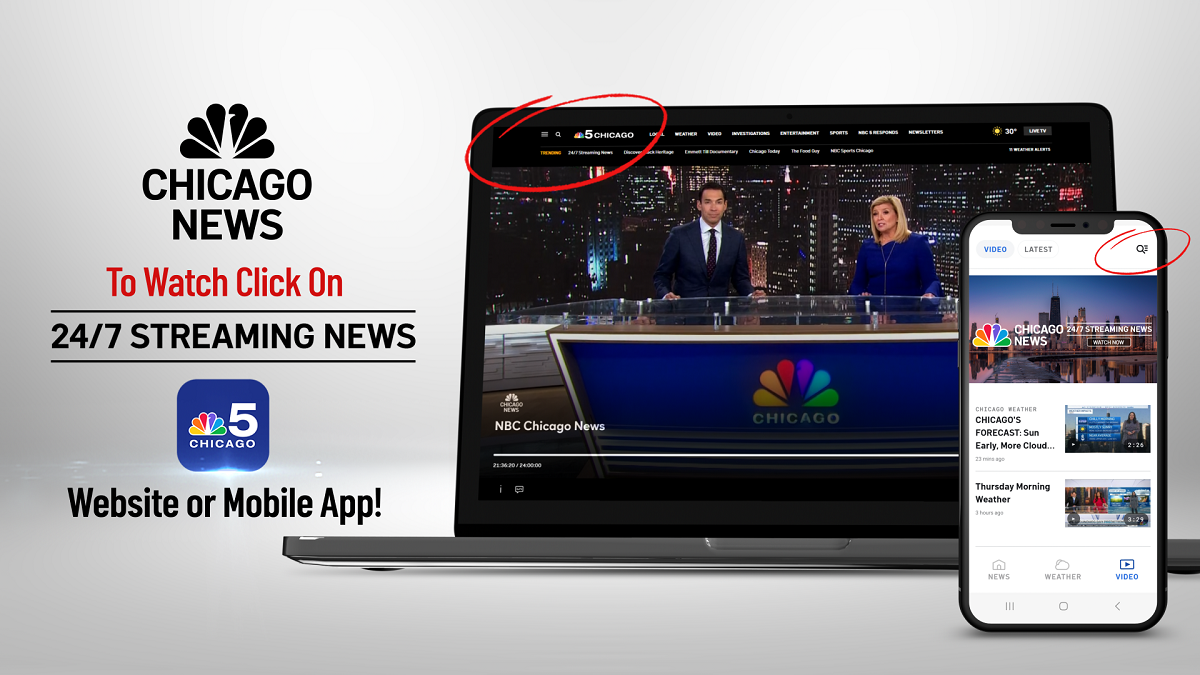The Definitive Guide for Popular News
Wiki Article
Popular News Fundamentals Explained
Table of ContentsOur Popular News PDFsThe Best Guide To Popular News5 Easy Facts About Popular News DescribedPopular News Things To Know Before You Buy
Age is also a consider the way people view the duty of social networks. More youthful social networks information customers are most likely to state it has affected their discovering for the better. About half of social media news consumers ages 18 to 29 (48%) say news on social networks makes them far better educated, compared with 37% of those 30 to 49, 28% of those 50 to 64, and 27% of those 65 and older.Journalists evaluate information values when figuring out whether or not to cover an event or news. Right here are the worths that we take into consideration when establishing an outreach approach. Probably the most important component of newsworthiness is whether or not the story being connected effects a news electrical outlet's audience. For instance, let's imagine scientists have discovered a cost-efficient option to a typical trouble.
Proximity is necessary. Reporters are interested in things that affect their communities. Research study on a state's brand-new tax code likely will not generate the very same interest throughout state boundaries. Periodically experts can help center a bigger national story that impacts even more than simply a city or state. In these instances, it is essential to be on the search for opportunities where subject professionals can provide insight or where comparable projects may be happening in your area.
If you are releasing relevant research, loophole in MarComm before the write-up being released so that the pitch can emphasize the most recent aspect of the story: the magazine of the research. Events and statements that entail top-level figures are most likely to generate media protection. Brows through from nationwide numbers typically need months of preparation due to awaited area passion.
The Only Guide for Popular News
We can help alleviate possible reputational risk with these stories while likewise enhancing the probabilities of generating insurance coverage. While many of the above news worths are interwoven, human passion tales often stand apart.Human rate of interest components can include news value to various other tales that may seem doing not have in the various other worths. The novelty or curiosity of a circumstance can help affect whether a news outlet is likely to cover a story. While this is not an extensive checklist, checking to see if your information thing or occasion has these qualities prior to calling us will help you determine which components hold the most information worth.

A Biased View of Popular News
There is also substantial evidence that even more customers can start to spend for news in the futureif publishers can recognize them and offer them well. Half of those who do not pay for news actively look for news and look like customers in different methods. And almost 2 in 10 of those who don't register for news currently suggest they are inclined to begin to pay in the future.We then ask a collection of inquiries to figure out whether individuals pay for certain sorts of news resources (Popular News). We asked people to call the resources they use most oftenwhether they spend for them or click here to read nothow they use them, the details things they take into consideration crucial about them, and some associated questions concerning the expense and value of that resource
People are drawn to information as a whole for two reasons above others: A wish to be notified residents (paper subscribers particularly are extremely encouraged by this) and because the publication they register for excels at covering specific topics concerning which those clients particularly care. While there are a host of factors, the No.
Even more than 4 in 10 also point out the truth that pals and family sign up for the very same product (Popular News). Greater than a third of individuals claim they originally subscribed in feedback to a discount rate or promo. In print, individuals likewise are moved greatly to sign up for obtain discount coupons that save them money, something that has untapped implications in digital
Not known Factual Statements About Popular News
About half are "news seekers," implying they proactively choose news rather than mostly encountering it in an extra easy means, though the news that nonpayers are looking for (in the meantime, at least) is often regarding national politics. Like subscribers, a lot of these individuals also obtain information multiple times a day, utilize the news in means similar to customers, and are interested in similar topics, consisting of foreign or global news.
Of those who do pay, 54 percent register for try these out papers in print or electronically, which represents 29 percent of Americans overall. A lot of them buy a print magazine along with their paper and spend for two to 4 news sources in total, some much more. And while 53 percent are veteran subscribers visit homepage (5+ years), even more than a quarter (27 percent) have acquired their newspaper membership within the past year.
Few print clients believe it most likely they will switch over to a digital-only registration in the future, and even more than fifty percent of those who choose digital have never ever spent for a print variation of the very same resource. Totally 75 percent of paper payers say they primarily read the paper in print, while 21 percent are mostly digital individuals, and 4 percent define themselves as uniformly divided.
Report this wiki page